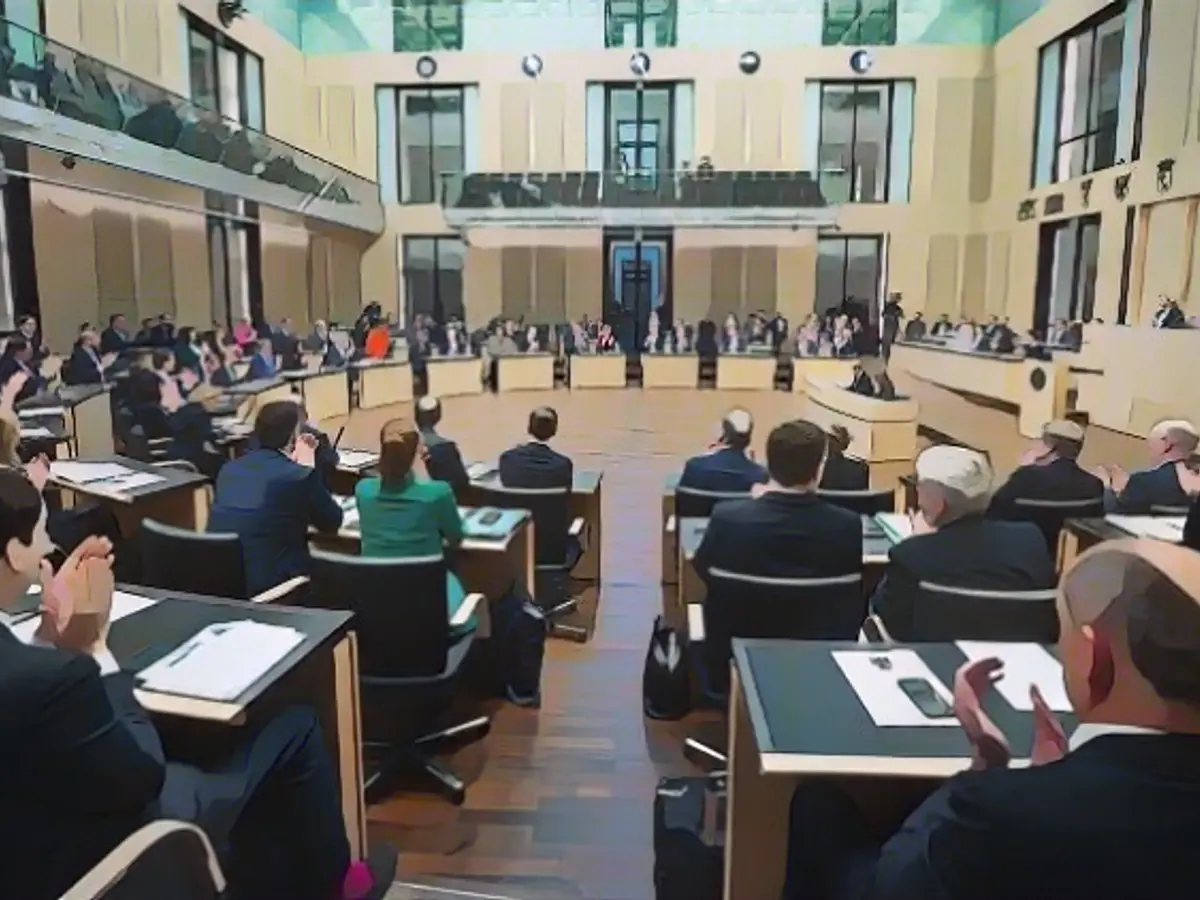Hospitals in financial trouble need an emergency aid program from the German government, according to Bavaria, North Rhine-Westphalia, Schleswig-Holstein, and Saxony-Anhalt. The group, led by North Rhine-Westphalia, wants the federal government to commit to stabilizing hospitals financially. With rising operating costs, many hospitals are struggling, and ignoring their issues could result in mass insolvencies before the planned hospital reform can take effect, potentially harming patients.
The initiative calls for an emergency aid program of five billion euros to help stabilize hospitals in the short term. This is necessary due to unrefinanced cost increases from 2022 and 2023, made worse by high inflation. The German Hospital Federation expects a deficit of up to ten billion euros by the end of 2023, and preventing a wave of insolvencies is crucial.
Beyond financial aid, the four states also propose other measures. These include the federal government enabling regular financing of full collectively agreed wage increases for all professional groups from 2024, permanent shortened payment periods for hospital invoices for health insurance companies, and full increases in material costs.
The situation is serious, with several hospitals in Brandenburg already operating at a loss. The federal government's hospital reform aims to relieve financial pressures and encourage specialization, but without adequate federal support, hospitals may continue to face insolvencies, leading to reduced healthcare services, longer wait times, and a decline in care quality. The lack of support could also exacerbate the already existing shortage of healthcare professionals.
In conclusion, the four states are urging the federal government to introduce an emergency aid program to support financially struggling hospitals. Ignoring the hospitals' financial difficulties could lead to severe consequences, including hospital closures and reduced patient care.








